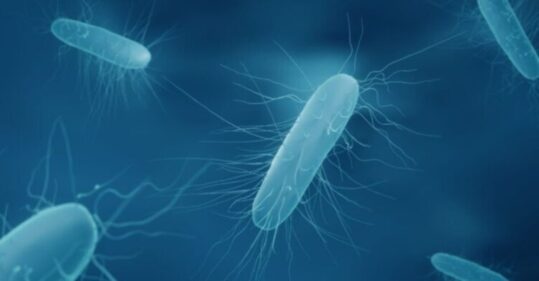Patients with recurrent Clostridium difficile (C difficile) infection should be offered a faecal microbiota transplant, NICE has recommended.
NICE has suggested the treatment for patients who have been treated for two or more C difficile infections without results, with experts estimating 450 to 500 people could be treated using the faecal transplant annually.
Related Article: Supporting healthy childhood nutrition in primary care
The treatment uses gut bacteria taken from a healthy donor’s faeces to restore a healthy population of gut bacteria in the patient.
Clinical trial evidence demonstrated FMT treatment is ‘significantly better than antibiotics alone’ at clearing a C difficile infection in those who have had two or more infections.
Evidence from five randomised controlled trials of 274 adults found that more C difficile infections were solved with FMT than antibiotic treatment in four of the trials and there was no difference in the other.
The transplant’s effectiveness depends on how the treatment is given but it could resolve up to 94% of infections, NICE said.
Related Article: Healthy childhood diet linked to later menarche in girls
The intestinal bacteria can be given through a tube inserted straight into the stomach through the nose, or it can be deposited directly into the colon through a tube or swallowed via a pill.
It is most common in people who have recently or are currently taking antibiotics, and can range from mild to life-threatening, and is treated with antibiotics in the first instance.
Related Article: Action needed on ‘damaging’ school nurse decline to help tackle STI rise
A version of this article was originally published in our sister publication Pulse.






